The Labour Party’s (LP) presidential candidate in the 2023 general election, Mr Peter Obi, has reiterated his call on the Nigerian government to invest in human development through investment in education, health, and fighting poverty.
He insisted that such mesures are the only sustainable way of tackling societal problems like insecurity and human trafficking in the country.
Join our WhatsApp ChannelObi stated this while commenting on the World Day against Trafficking in Persons.
Prime Business Africa reports that the World Day against Trafficking in Persons is a global event observed annually on July 30 to raise awareness about the impact of human trafficking and to promote and protect the rights of trafficking victims.
This year’s theme which is “Leave No Child Behind in the Fight Against Human Trafficking,” seeks accelerated action to end child trafficking.
According to the United Nations Office on Drug and Crime (UNDOC) report on human trafficking, children represent a significant proportion of trafficking victims worldwide, with girls being disproportionately affected.
READ ALSO: How Despair Feeds Growing Trend Of Organ Trafficking
While Sub-Saharan Africa, North Africa, Latin America and the Caribbean bear a higher burden of human trafficking, children make up for 60 per cent of detected trafficking victims, according to the report.
Commenting on the global campaign against human trafficking, Obi in a statement via his verified X handle, said: “The day seeks to end human trafficking and violence against children and strives to eliminate all forms of violence against and exploitation of women and girls.”
He noted that trafficking in persons remains a global problem that must be addressed, with decisive measures both at national, continental and world levels.
Looking at data on how it affects Nigeria, Obi cited the 2024 Trafficking in Persons Report by the U.S. Department of State, which classified Nigeria as a Tier 2 country, ranking it among countries whose governments “do not fully comply with the Trafficking Victims Protection Act’s minimum standards but are making significant efforts to comply with those standards.”
READ ALSO: IOM, CSO Seek Media Collaboration On Awareness Creation As Cases Of Irregular Women Migration Rises
He also examined other data like the 2023 Global Slavery Index Report which ranks Nigeria 38 out of 160 of the countries with the highest number of slaves (about 1.6 million); the National Agency for the Prohibition of Trafficking in Persons (NAPTIP), 2019-2022 statistics which also show that 61 per cent of human trafficking in Nigeria happens internally, while 39 per cent is generated from cross-border trafficking.
Obi noted that insecurity in different parts of the country, high levels of poverty, unemployment, and porous borders, have been identified as some of the major drivers of human trafficking in Nigeria.
He therefore, urged the government to take decisive action to address these challenges by investing in human development.
“The government must, therefore, take more decisive actions against this societal issue by investing in human development through investments in education, health and fighting poverty.
“This will give the people a better quality of life, enable them to understand their rights as humans and give them access to better opportunities in life.
“Our commitment to building a nation, where citizens will be free to live and succeed without any form of enslavement remains unwavering,” Obi added.
Victor Ezeja is a passionate journalist with seven years of experience writing on economy, politics and energy. He holds a Master's degree in Mass Communication.

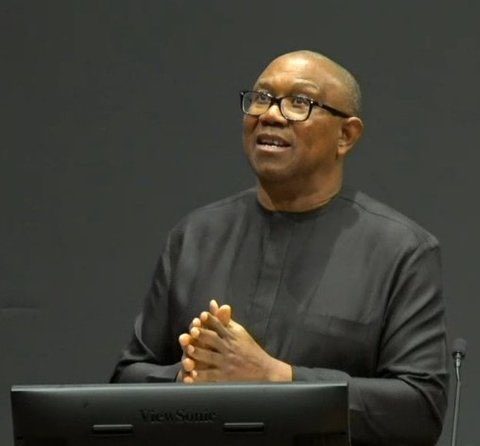



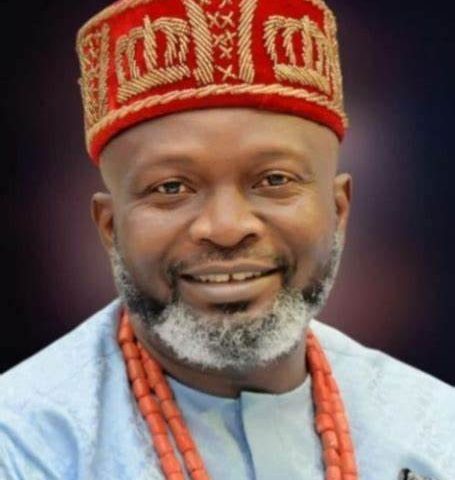
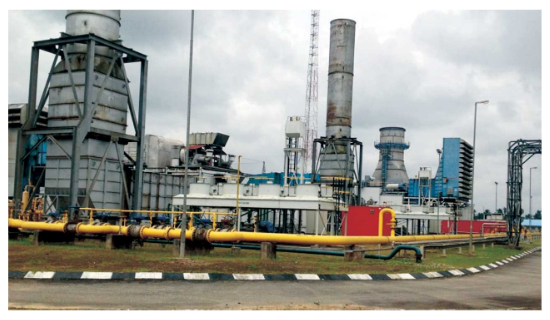








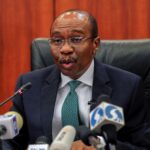
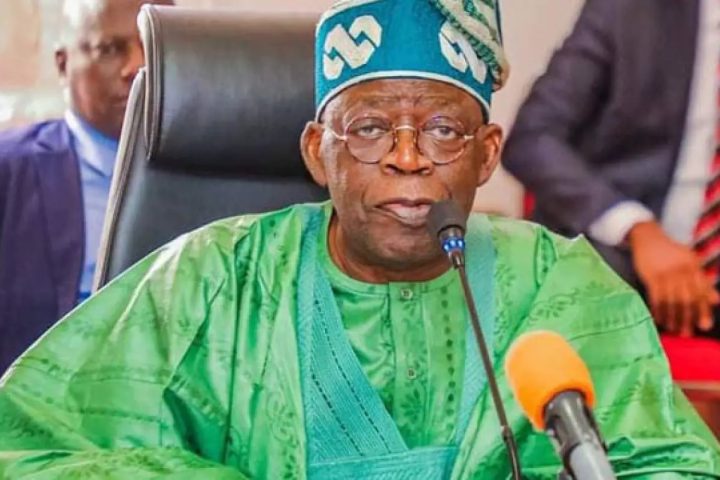
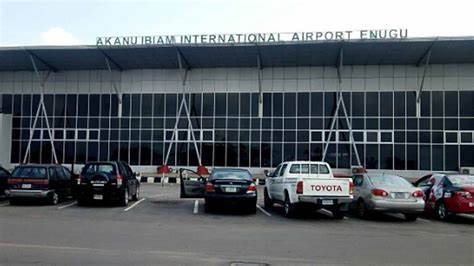
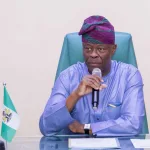
Follow Us